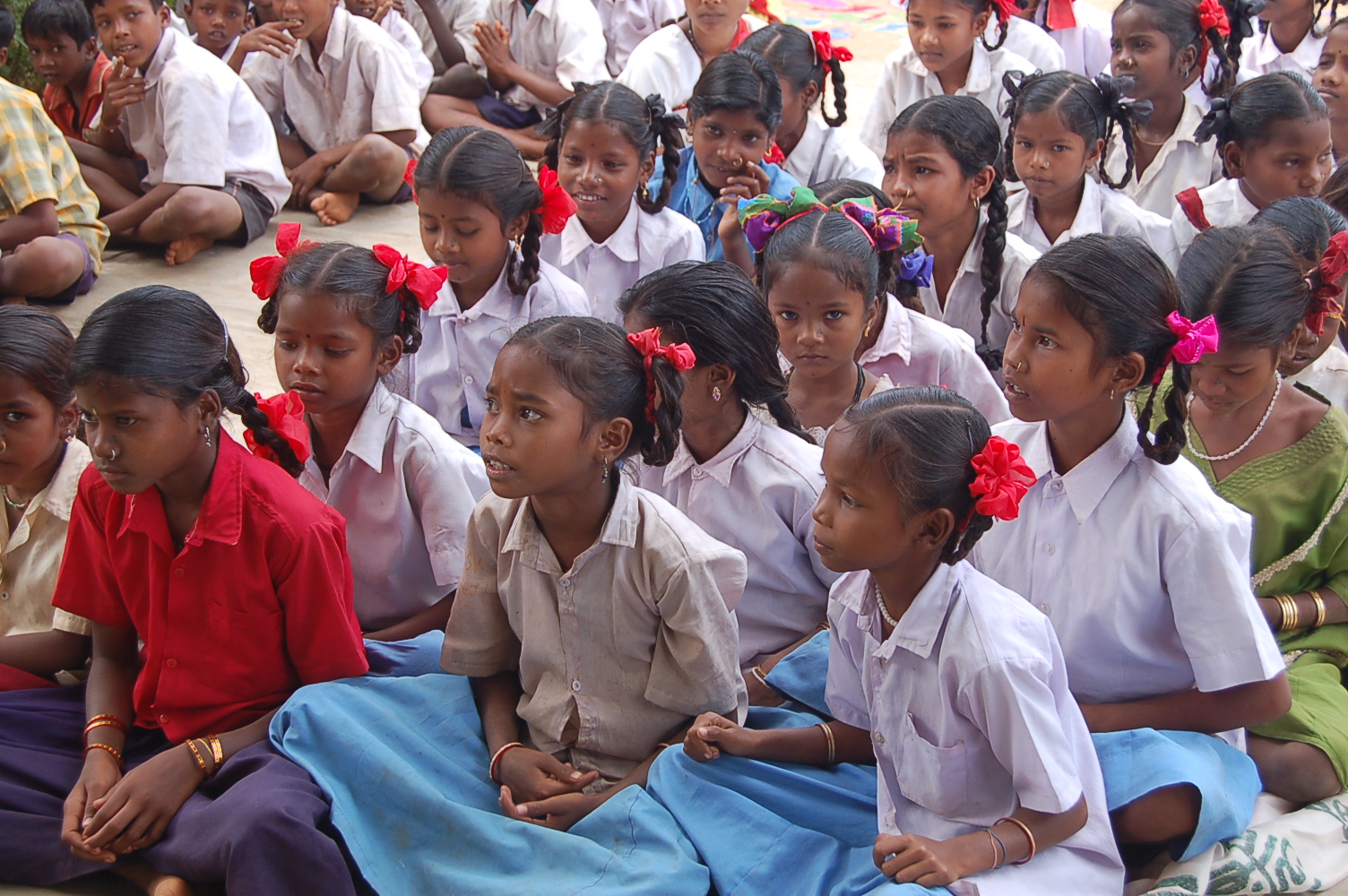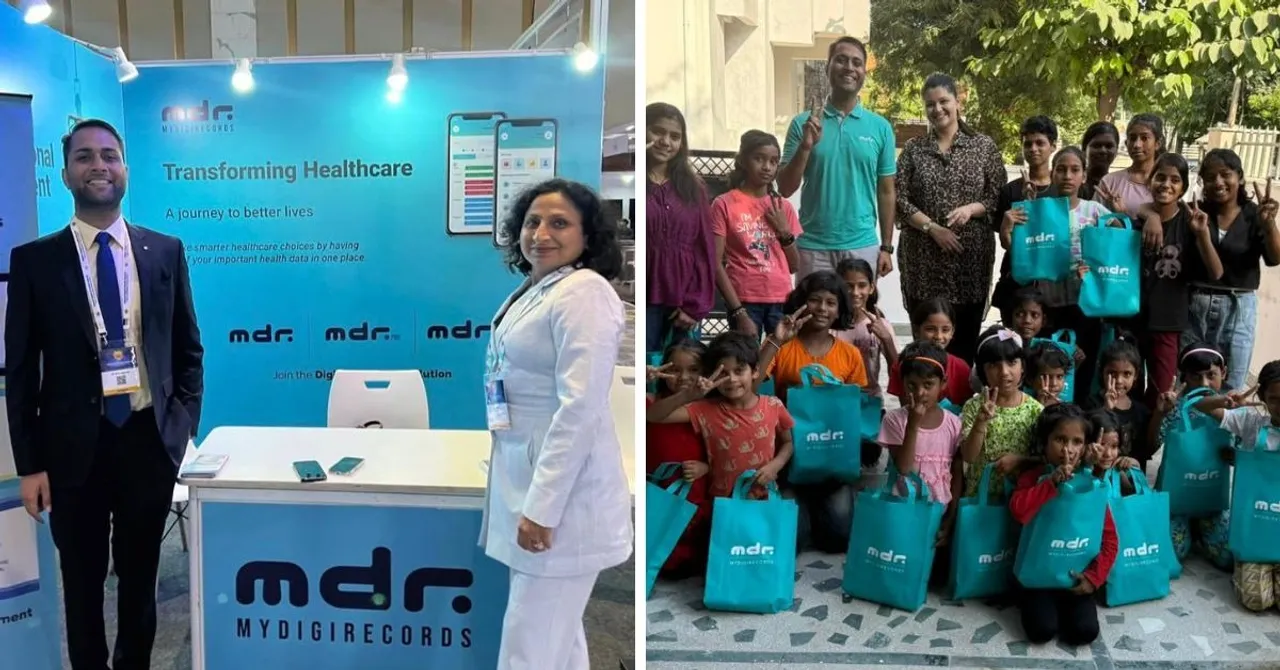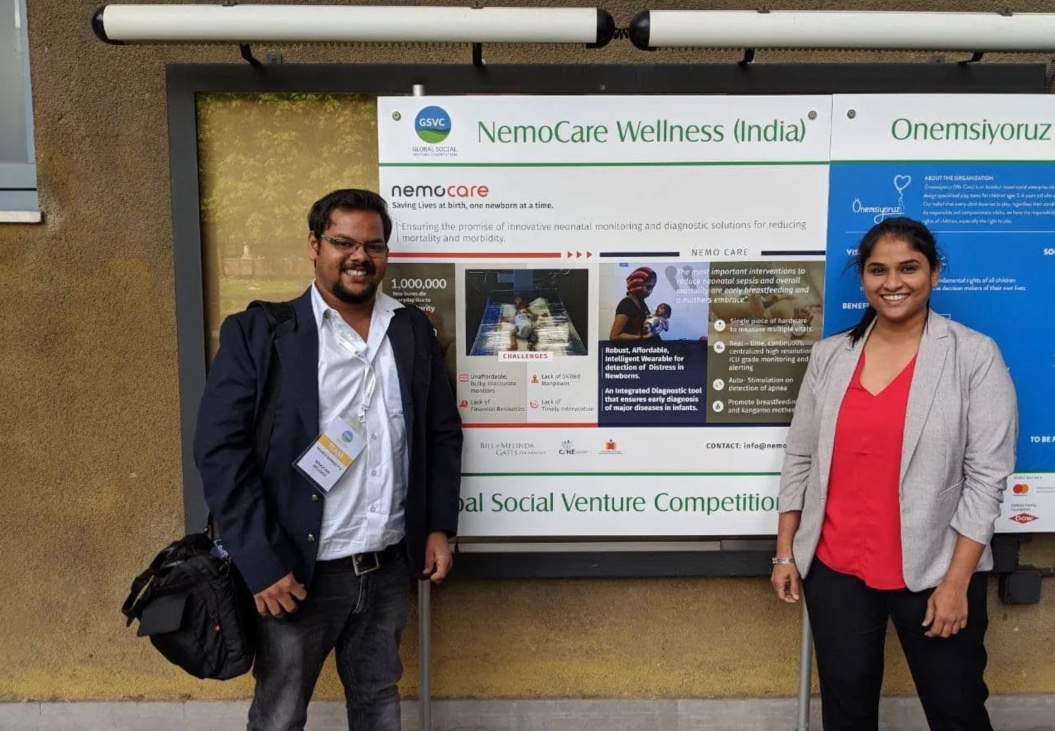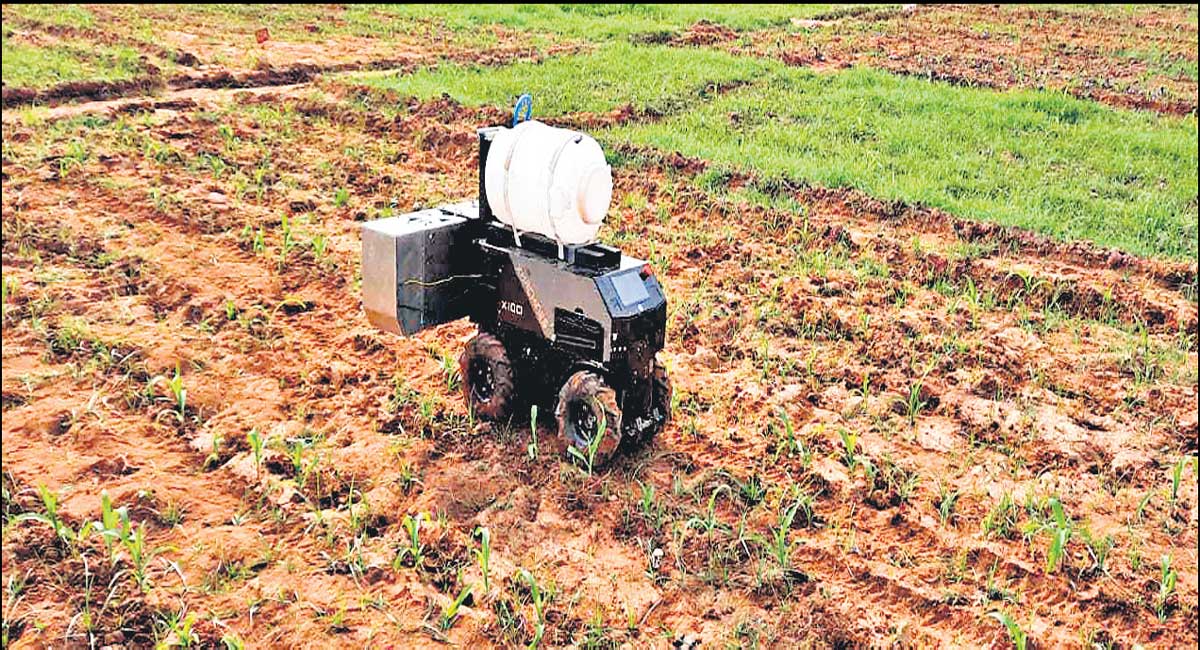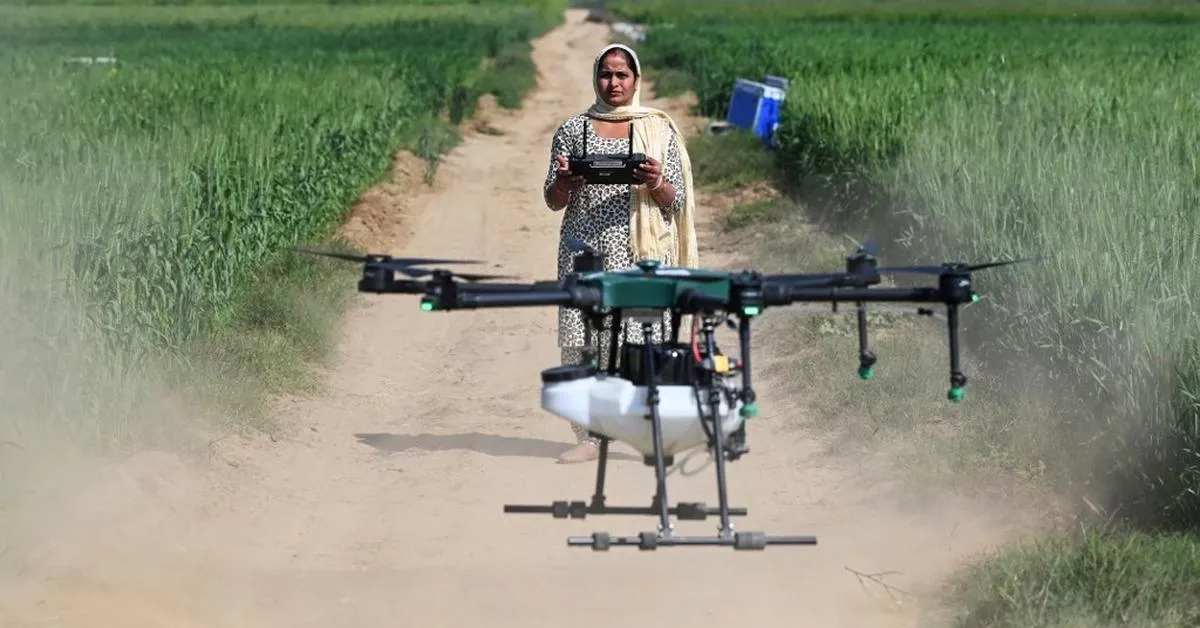Learning from the World: How Global Models Inform India’s Data-Driven Education Governance
The Vidya Samiksha Kendra (VSK) stands at the forefront of India’s efforts to harness artificial intelligence and big data for public education governance. Its emergence mirrors a worldwide shift toward evidence-based policymaking in education, yet the Indian approach is uniquely shaped by local priorities, policy frameworks, and cultural contexts. By examining international models—from the decentralized systems of the United States to China’s highly centralized platforms—India’s VSK can be better understood as both a product of global learning and a potential blueprint for others. This section explores comparative global experiences, policy innovations, and the growing recognition of India’s leadership in this domain.
Contrasting Models: Centralization vs. Decentralization in Education Data Governance
Countries differ markedly in how they collect, manage, and utilize educational data. In the United States, platforms like the National Center for Education Statistics (NCES) and state-level dashboards aggregate student and school performance data, but governance remains decentralized. States and districts retain autonomy, reflecting a federal structure and strong privacy protections under laws such as the Family Educational Rights and Privacy Act (FERPA). This contrasts with Gujarat’s VSK, which centralizes data streams from thousands of schools into a single command center, enabling rapid, system-wide interventions.
China, on the other hand, exemplifies the other end of the spectrum. Provincial education command centers integrate AI-driven analytics for attendance, health, and academic monitoring, but with extensive state control and limited transparency. While China’s approach has yielded rapid scaling, it has also sparked debates on privacy and surveillance—issues that India, as a democracy, must navigate carefully.
Finland offers a third path, prioritizing teacher autonomy and formative assessment over centralized dashboards. Data analytics in Finland are used primarily to support educators, not for top-down monitoring, reflecting a trust-based, qualitative approach to school improvement.
Technology for Inclusion: Lessons from the Global South
Developing countries are leveraging technology to bridge resource gaps, with Kenya providing a notable example. The eLimu platform uses mobile technology and data analytics to enhance learning outcomes in under-resourced schools, focusing on accessibility and teacher support. While not as comprehensive as VSK, Kenya’s model demonstrates the transformative potential of digital tools in challenging environments.
India’s VSK, with features like the Divyang App for children with disabilities, similarly prioritizes inclusion. These efforts align with global movements toward accessible education.
Policy Innovations: Building Capacity and Safeguarding Privacy
Successful integration of AI in education governance worldwide hinges on robust policy frameworks. The OECD’s Education 2030 project identifies key enablers: government commitment, stakeholder engagement, data privacy, and continuous capacity building. India’s VSK model, built on open-source software and modular design, offers a “middle path” between rigid centralization and fragmented decentralization.
Indian policy has responded with the Digital Personal Data Protection (DPDP) Act, 2023, and the IndiaAI Mission, which set the stage for ethical AI deployment and data privacy in public services. The VSK’s integration with UDISE+—India’s national education database—demonstrates how real-time data can inform resource allocation and policy decisions, echoing best practices from both developed and developing nations.
International Recognition and Knowledge Exchange
India’s VSK has attracted the attention of global agencies such as the World Bank and UNICEF, which see it as a replicable model for other low- and middle-income countries. The World Bank’s education team has highlighted VSK’s scalability and transparency, recommending tailored capacity-building for adoption in other Indian states and beyond.
International collaborations are facilitating technical assistance, funding, and knowledge exchange. For example, the Gujarat Education Department has engaged with the OECD and UNESCO to share insights and refine its approach. These partnerships not only validate India’s progress but also position it as a contributor to global policy dialogues on AI in education.
Indian Expert Perspectives: Contextualizing Global Lessons
Indian thought leaders emphasize the importance of adapting global best practices to local realities. Dr. R. Govinda, former Chairman of NCERT, notes that “India’s challenge is to blend technological innovation with grassroots capacity building and policy alignment.” Prof. Anurag Behar of the Azim Premji Foundation argues that the VSK’s contextualized technology “respects the diversity of Indian classrooms,” a lesson often missed in one-size-fits-all international models. The Ministry of Electronics and Information Technology’s AI Task Force has cited VSK as a benchmark for open-source, public-good AI tools, advocating for its principles in national AI governance frameworks.
—
India’s Vidya Samiksha Kendra thus embodies a synthesis of global learning and indigenous innovation. By critically engaging with international models, prioritizing inclusion, and investing in robust policy frameworks, India is not only transforming its own education system but also contributing valuable lessons to the global community.
